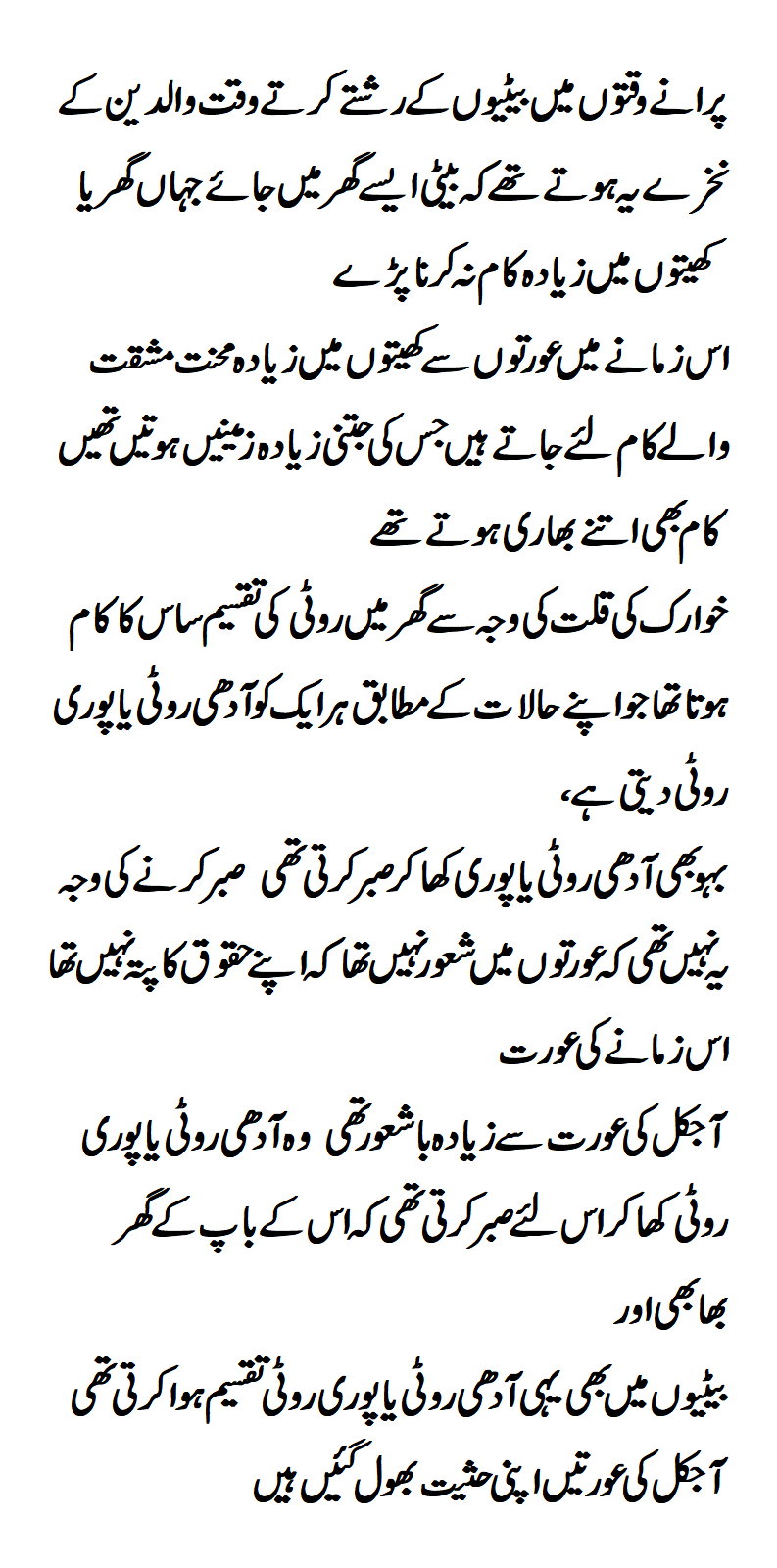Resistance is a human right. This is why the preamble of the Universal Declaration of Human Rights states that people will be ‘compelled to have recourse, in the last resort, to rebellion’ if human rights are not respected, and why the defence of human rights framed in many United Nations resolutions supports resistance against colonialism and apartheid.
It could not be otherwise. If your rights are violated, you must have a recourse. Normally this would be found in the law and the courts but, when faced with severe and intransigent injustice, resistance is that recourse. But when others are resisting, and we are sympathetic to their aims, what should we do? The answer is surprising.
From autumn 2018 for about a year, the group known as Extinction Rebellion (XR) staged a number of disruptive protests in the United Kingdom, on London’s bridges and across several city centres, bringing road traffic to a standstill.
The protestors were drawing attention to the need for immediate action on the climate emergency. From their perspective, these were acts of resistance, drawing attention to injustice and inaction. What should someone who is sympathetic
to this cause and to their action do? If possible, nothing. But there are different ways of doing nothing. It matters that you do nothing in the right way and for the right reasons. Let me explain.
